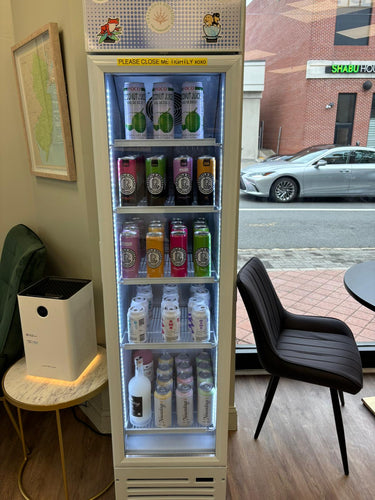Navigating the High Tide of License Surrenders in Massachusetts' Cannabis Market
An Insight into the Complexity of Licensing for Cannabis Retailers in Massachusetts
The cannabis industry in Massachusetts is undergoing a significant transformation as businesses increasingly surrender their retail licenses. This phenomenon highlights the complexity and challenges within the regulatory frameworks governing cannabis operations in the state.
Understanding the Surge in License Surrenders
In recent events, Massachusetts has seen an unprecedented rate of retail license lapses among cannabis operators. While the exact reasons for this surge vary, common themes include financial difficulties, market saturation, and the heavy regulatory burdens placed on businesses. This trend signals a potential shift in the industry landscape, affecting future market entrants and existing players alike.
The Impact on Investors and Entrepreneurs
For investors and entrepreneurs, the current state of the Massachusetts cannabis market presents both challenges and opportunities. The increase in license surrenders could lead to less competition and potentially higher market shares for those who remain. However, it also underscores the importance of sound financial planning and understanding of regulatory requirements before entering the market.
Regulatory Challenges and Compliance
One of the primary reasons behind the high rate of license lapses is the stringent regulatory environment. Compliance with state laws and regulations can be costly and time-consuming, factors that could deter new businesses or overwhelm current operators. It's crucial for stakeholders to navigate these challenges carefully to sustain operations and achieve long-term success.
Strategies for Navigating the Massachusetts Cannabis Market
To thrive in the Massachusetts cannabis market, businesses need to focus on compliance, market differentiation, and operational efficiency. Brands like Little Rick, with a keen emphasis on quality and compliance, stand out. By offering compliant THC beverages and edibles, companies can cater to a broad audience while adhering to regulations, setting a benchmark for success and sustainability in the industry.
Conclusion
The cannabis industry in Massachusetts is at a crossroads, with the state observing a high rate of retail license surrenders. This evolving situation opens new avenues for discussions about market dynamics and regulatory impacts. For stakeholders looking to explore or expand in this market, understanding the underlying factors of these changes is crucial. We invite those interested to explore how compliant products and strategic planning lead to success by visiting Little Rick, where you can learn more about our THC drinks and edible gummies specifically designed for the US market.







